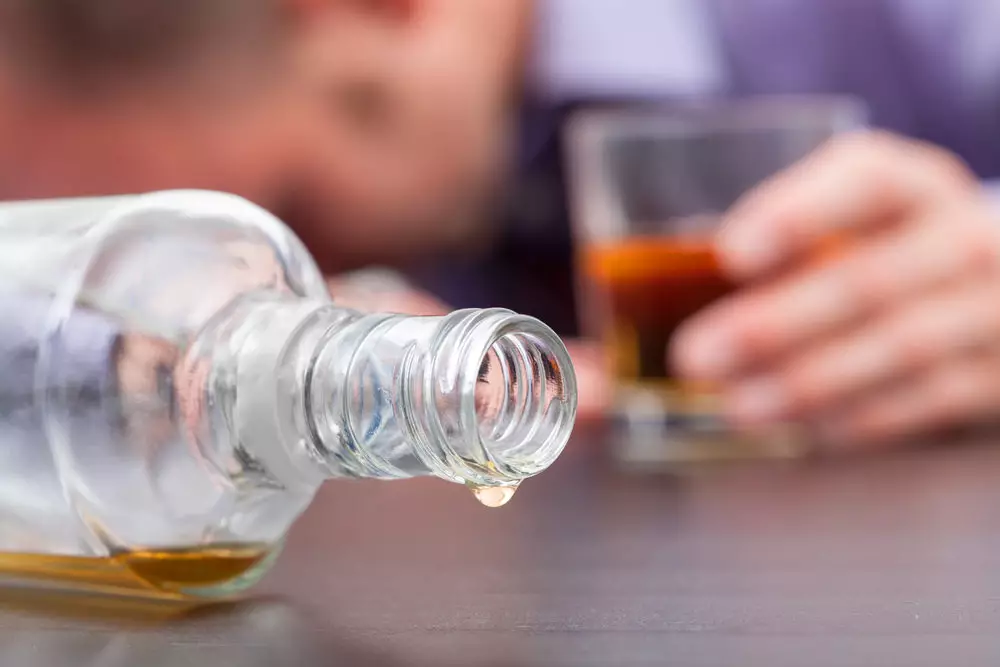There’s often a lot of confusion around the topic of addiction. Things can get especially difficult to understand when it comes to the “addiction vs. dependence” debate. The term substance use disorder has become commonplace in recent years, largely due to the confusion between the two terms. Despite the shift in terminology, it’s helpful to understand the difference between addiction and dependence while trying to get help for yourself or a loved one.
What is the Difference Between Addiction and Dependence?
When looking at how drugs and alcohol affect daily life, there’s very little difference between addiction and dependence. Without treatment, the resulting behaviors often look the same, after all, leaving you wondering what the two terms even mean. Here’s a look at how you can best define addiction vs dependence:
Addiction
Addiction results from the chronic use of alcohol and drugs, including prescription medications. When addicted, people need to use their substance of choice daily or they will experience the mental and physical symptoms of withdrawal. Their use of drugs and alcohol trumps all else, leaving them unable to meet their daily obligations. They may have trouble managing their work, social, and family obligations, but continue using despite that.
Dependence
Like addiction, dependence occurs as a result of the chronic use of alcohol, street drugs, and prescription medications. As they use the substances, their body develops a physical dependence, resulting in withdrawal symptoms if they stop. They also develop a tolerance to the substances, which leads them to continually increase the dosage level to compensate.
So, when it comes down to it, dependence is the physical effects of abusing substances, while addiction causes both mental and physical effects. Dependence often occurs right before the person becomes fully addicted. Since it often happens so fast, the line can look blurred to loved ones and even to the person using the substances.
What Addiction and Dependence Often Looks Like
By understanding the symptoms of both addiction and dependence, you can seek help before the problem spirals out of control. The way both states look often depends on the harmful substance in question.
Alcohol Dependence vs Alcoholism
Due to the similarities between alcohol dependence vs alcoholism, many clinicians have moved toward using the term alcohol use disorder. As alcohol use goes from a casual social activity to a daily need or the drive to binge drink, dependence sets in first.
When people who are physically dependent on alcohol go without a drink, they may experience the symptoms of withdrawal, such as:
- Nausea
- Tremors
- Sweating
- Restlessness
- Irritability
They may also have trouble sleeping due to the symptoms and the strong urge to have another drink.
If they continue to abuse alcohol after that point, alcoholism quickly sets in. When that happens, the effects on their health will worsen, resulting in a higher than normal risk of serious conditions, like heart disease, cancer, and stroke.
Their tolerance will also increase, which results in the need to drink more and more to prevent withdrawal symptoms. At that point, they’ll often need to continue drinking all day, leaving them unable to adequately manage their daily obligations.
Drug Addiction vs Dependence
Drug addiction happens largely the same way. Dependence occurs first as the body becomes reliant on the drug to function.
Without regular use of the drug, acute withdrawal symptoms occur, which vary depending on the drug in question. Heroin and other opioids may cause flu-like symptoms plus anxiety, muscle aches, and agitation. Cocaine causes chills, fatigue, tremors, depression, and similar symptoms.
How long the symptoms last depends on the drug as well. Withdrawal symptoms caused by opioids, for example, lasts four to ten days, while stimulants cause symptoms for one to two weeks.
When people continue to use drugs after becoming dependent, they often put the drug use above all else to experience the effects and avoid withdrawal symptoms. Their tolerance keeps increasing at the same time, resulting in the need for higher and higher doses to get the same effects. Their ability to complete their daily activities suffers, pointing to drug addiction vs dependence.
How Does Rehab Help with Drug and Alcohol Addiction
Since addiction is mere steps away from dependence, it’s important to seek help as soon as it’s clear that drug and alcohol abuse are a problem. With early intervention, rehab has the best chance at helping people stop using harmful substances, make a full recovery, and turn their lives around.
Even if help comes later, it’s never too late to recover. It’s best to seek professional guidance in figuring out exactly what your struggle is and how to approach that particular struggle. If you need help identifying and overcoming a drug or alcohol use problem in your life, the team here at 1st Step Behavioral Health can help you! So, don’t hesitate to reach out to us for help immediately upon noticing a problem with drug and alcohol use. Just contact us today by calling (855) 425-4846
Jump to a Section
Call (855) 425-4846
